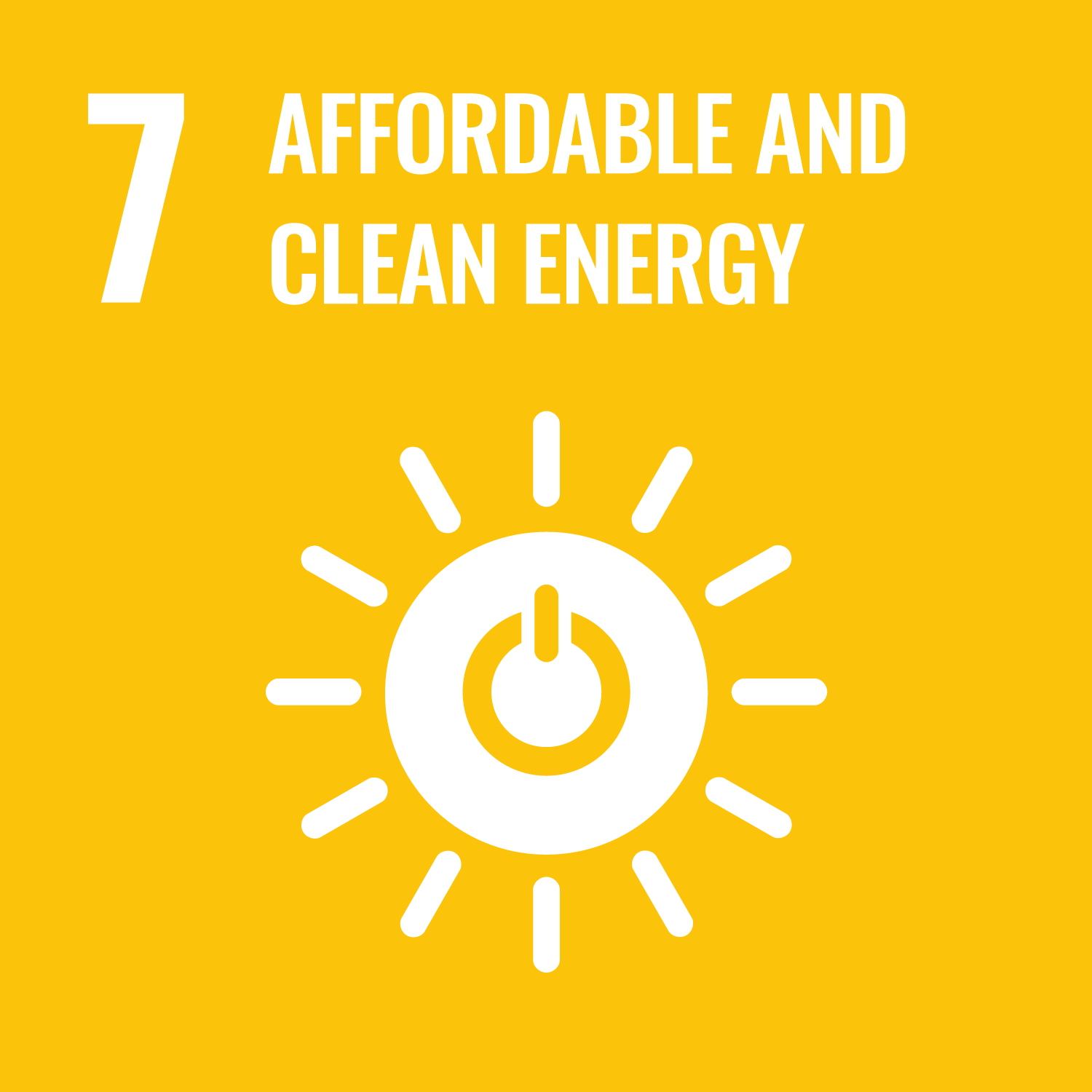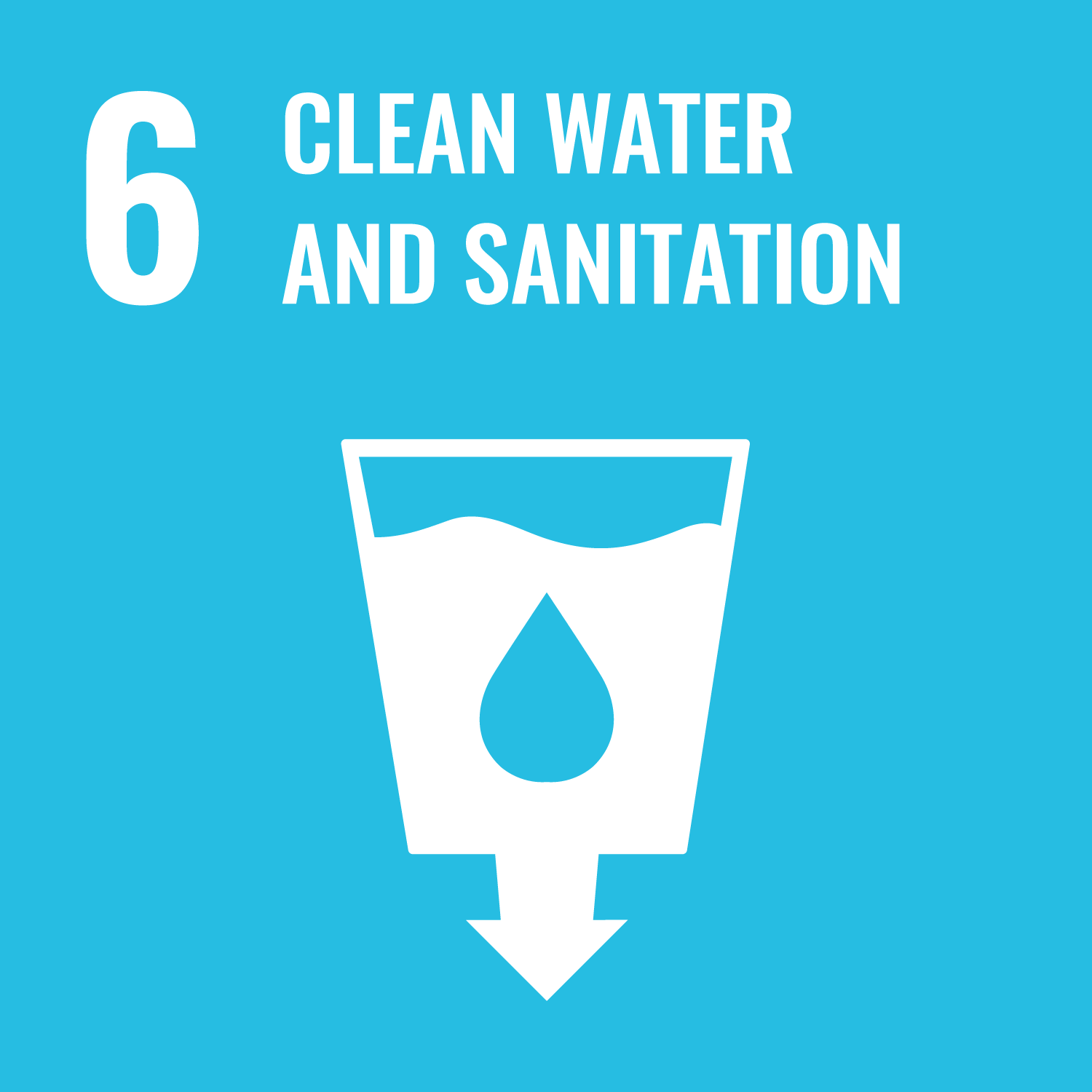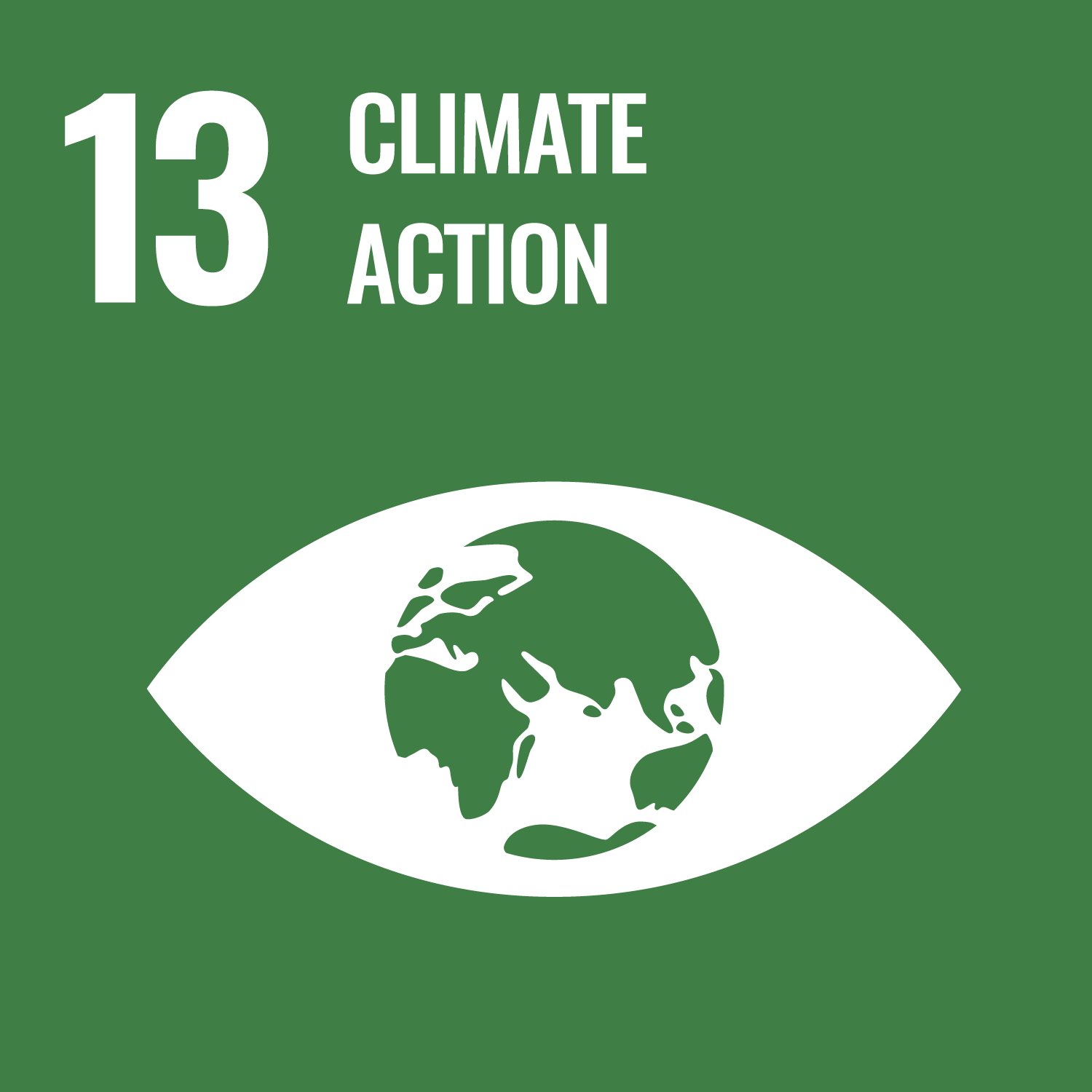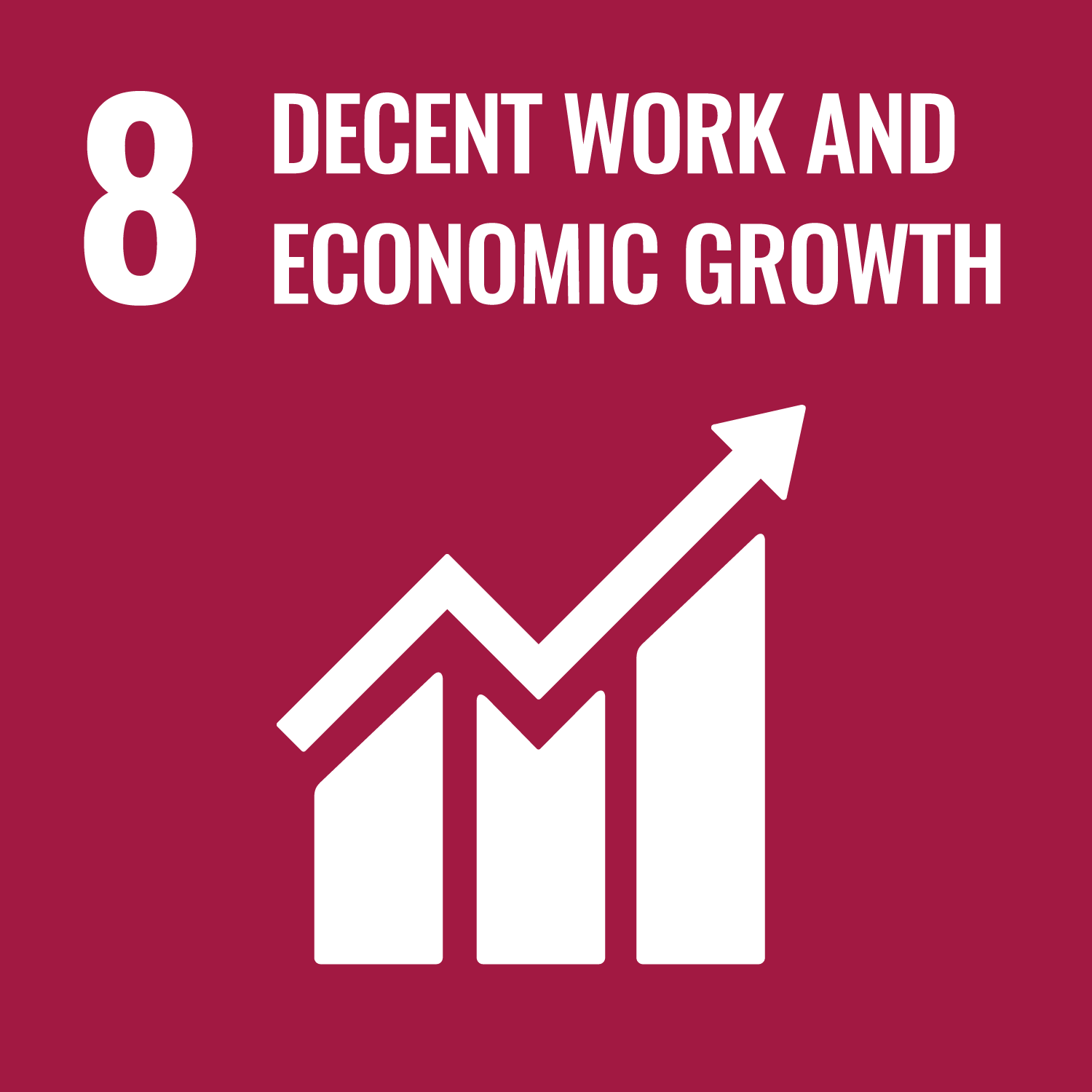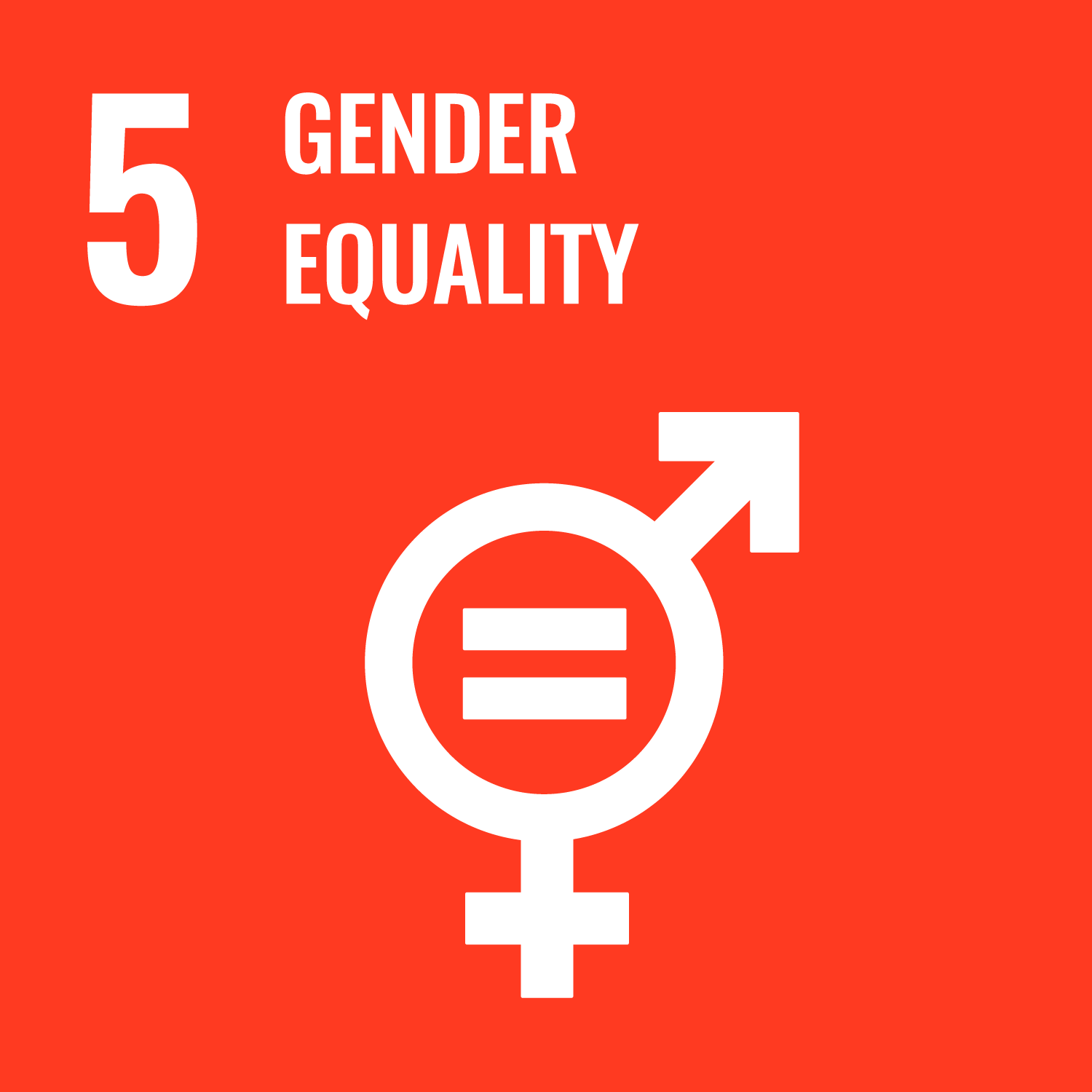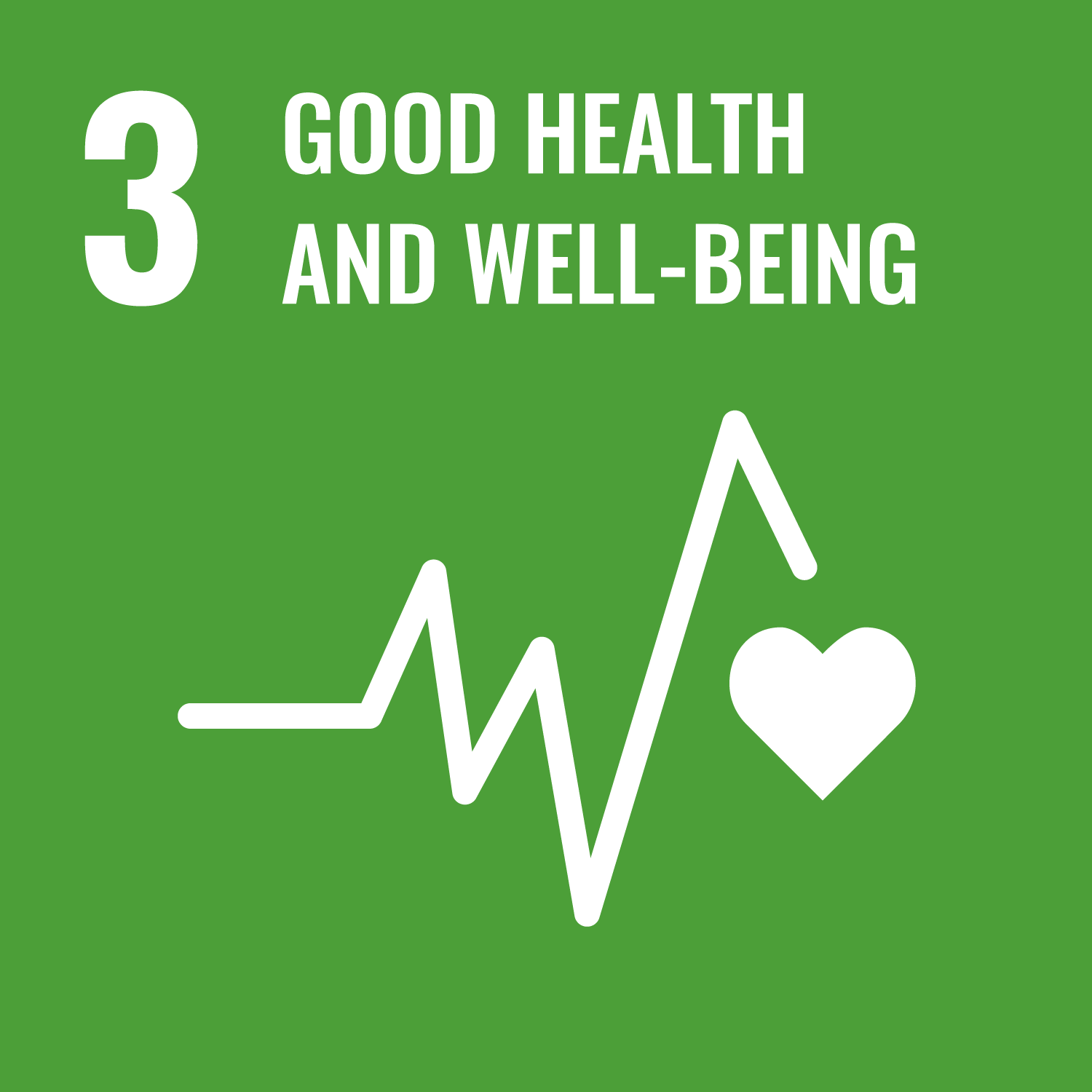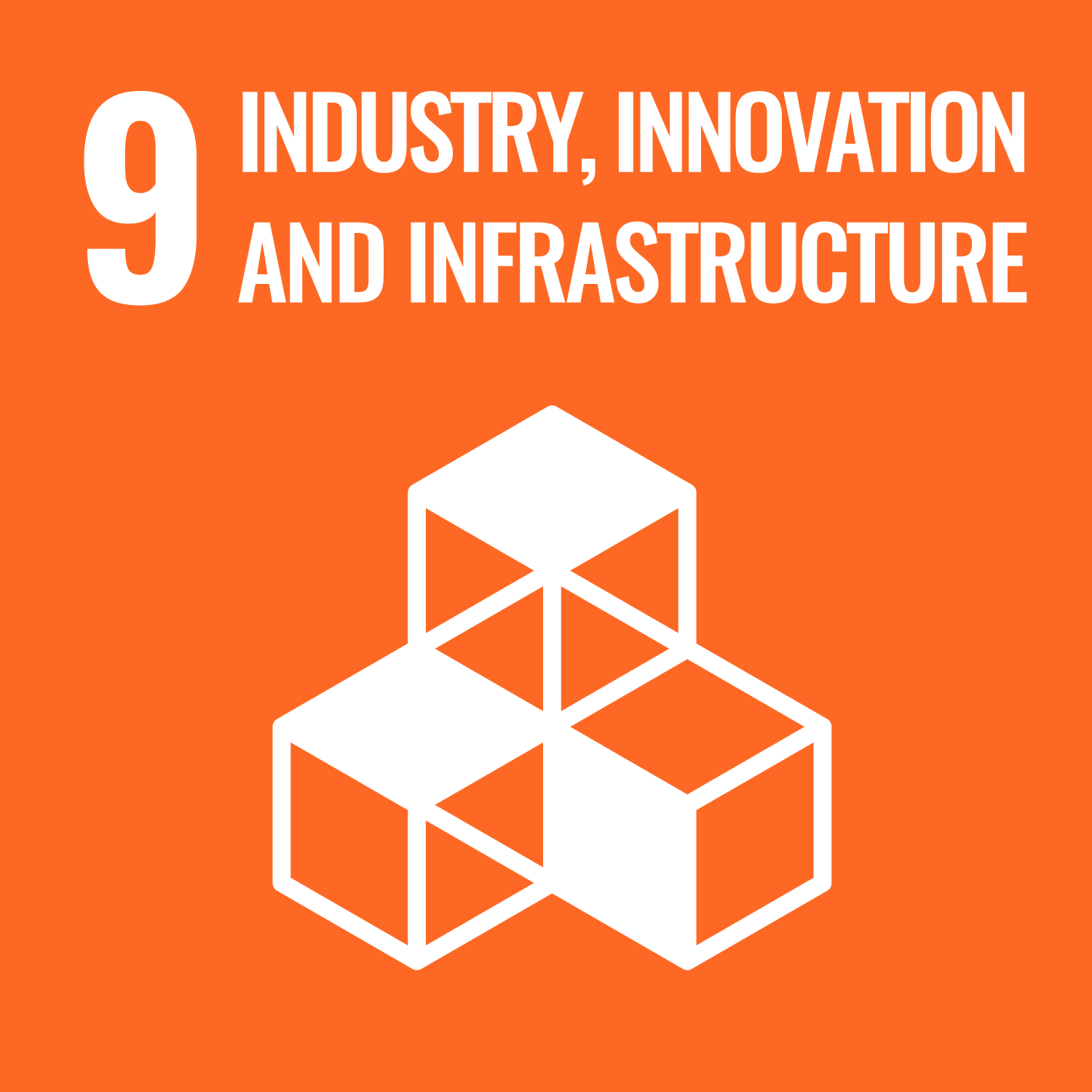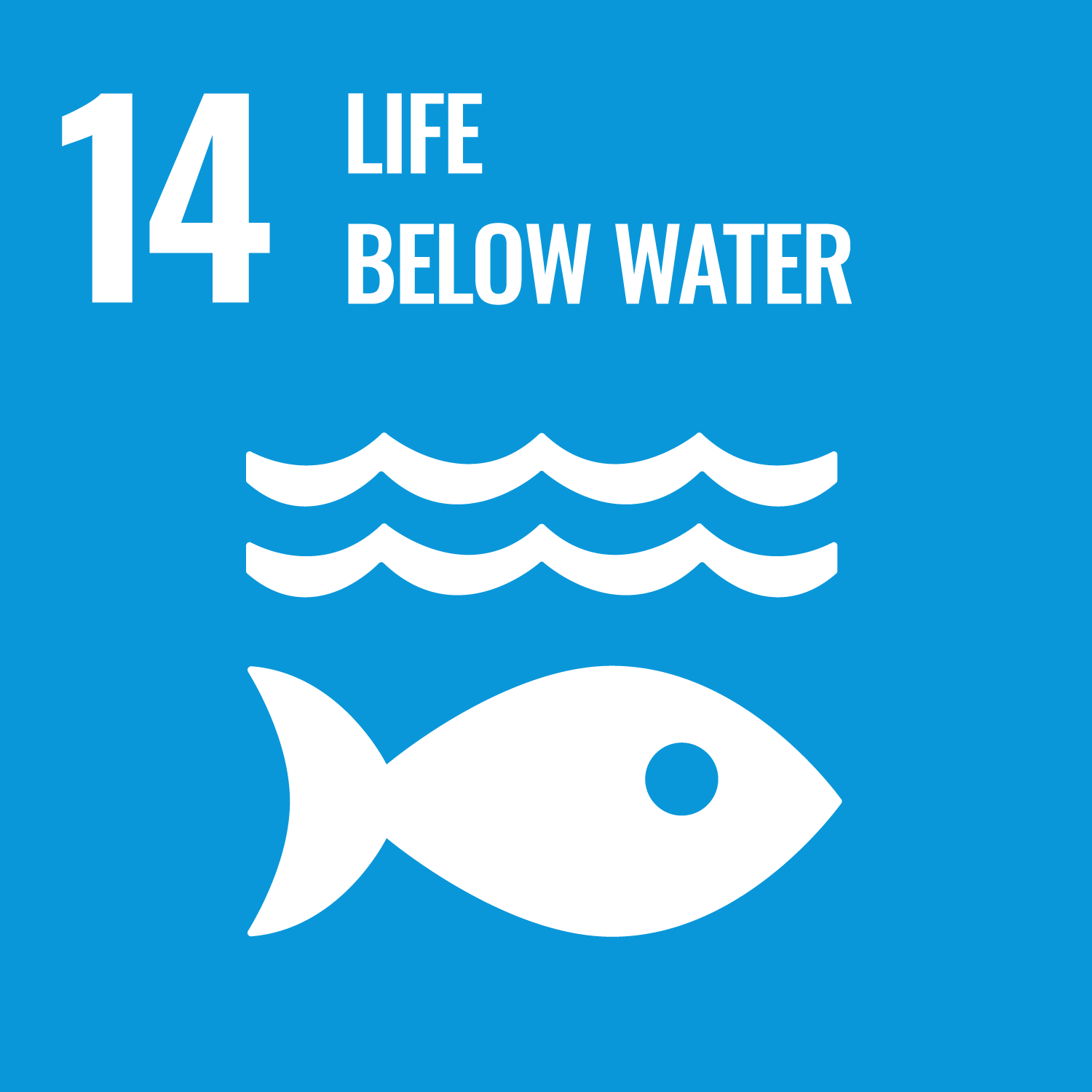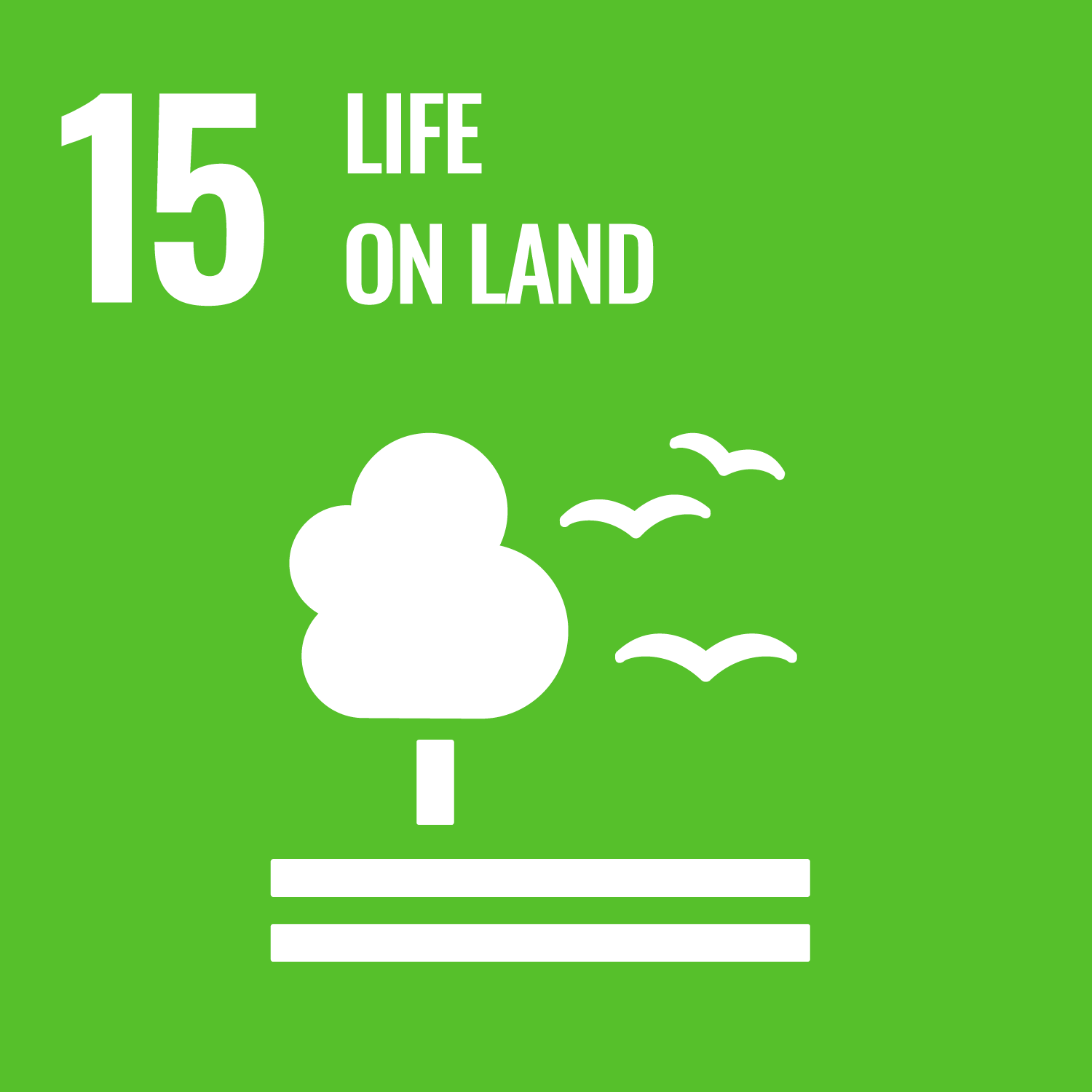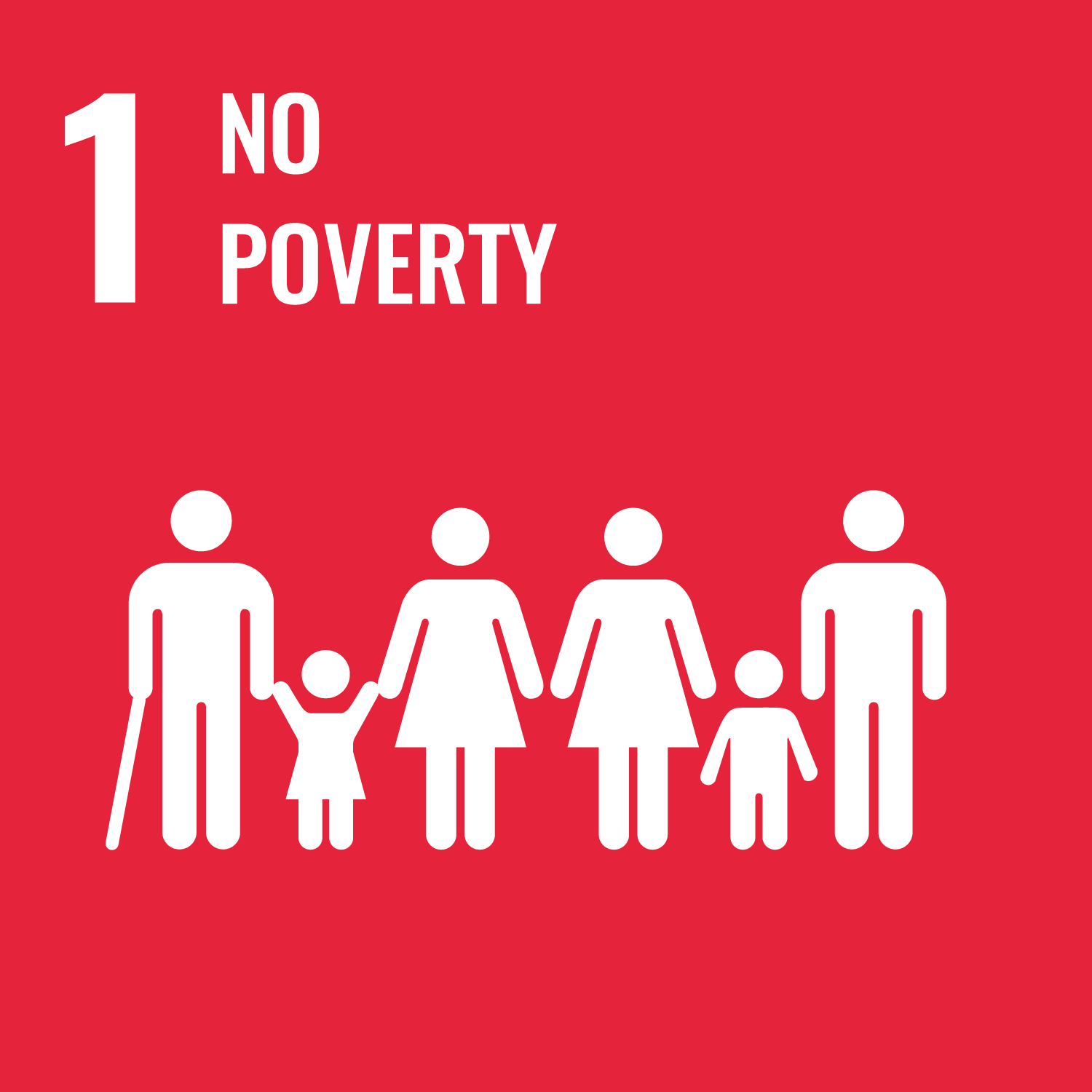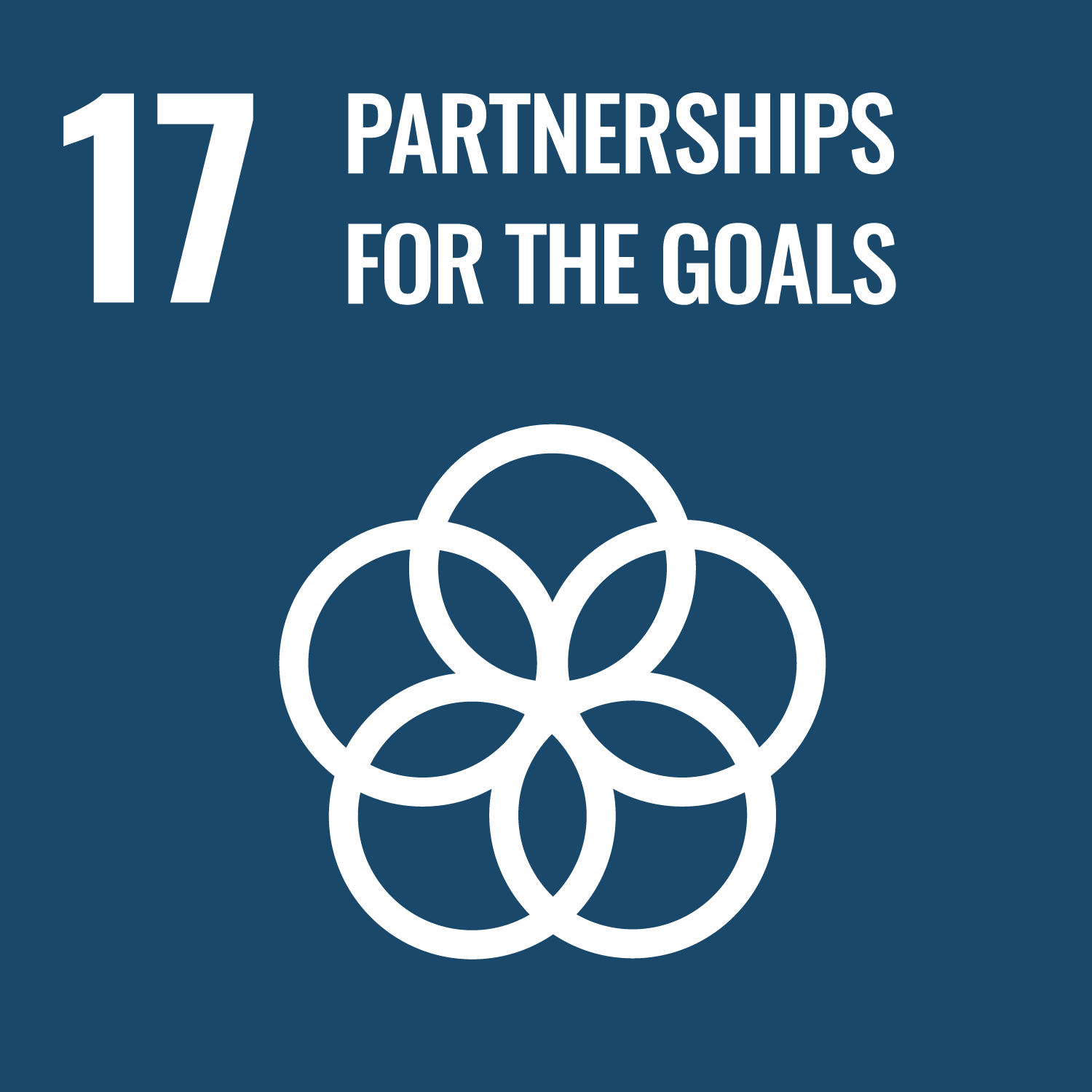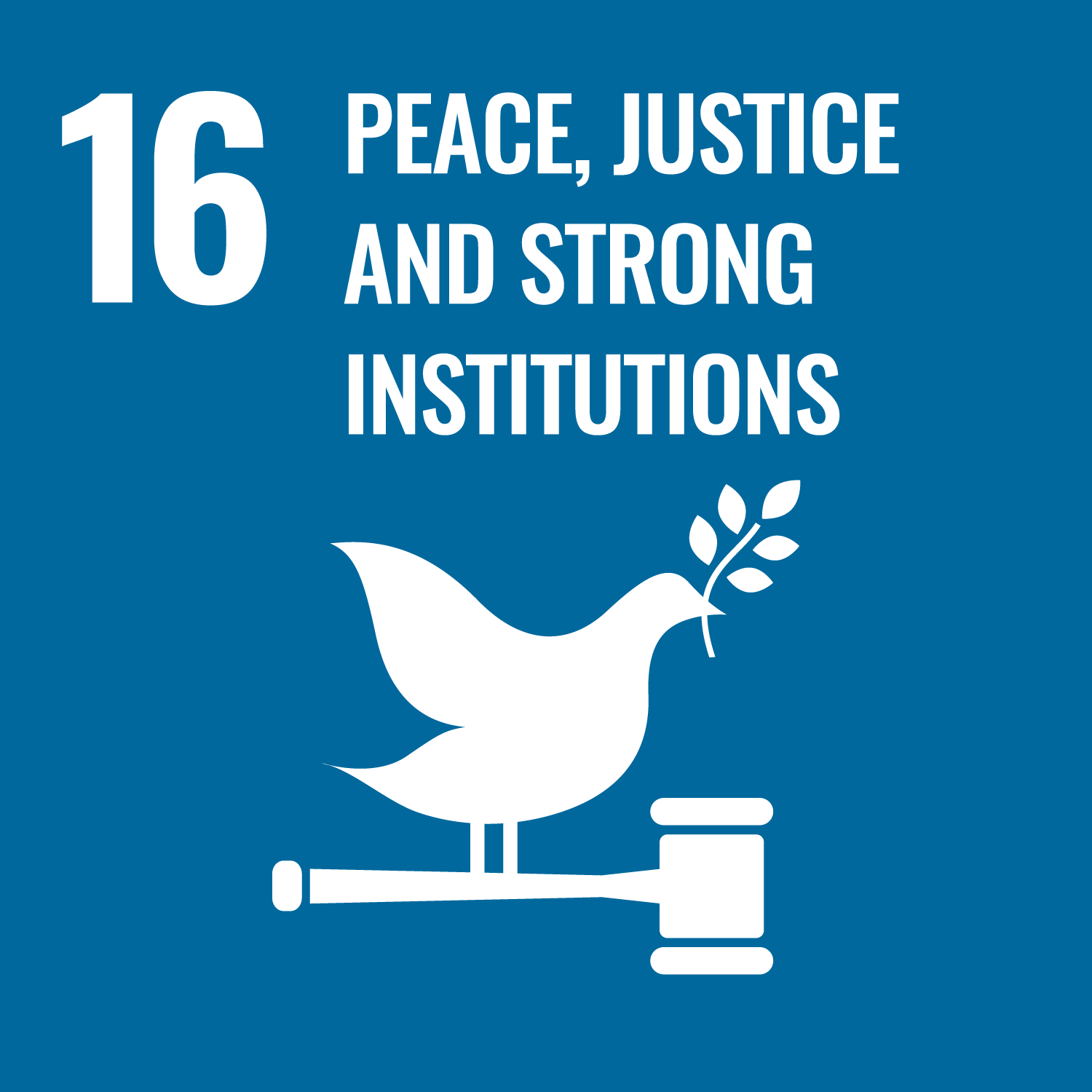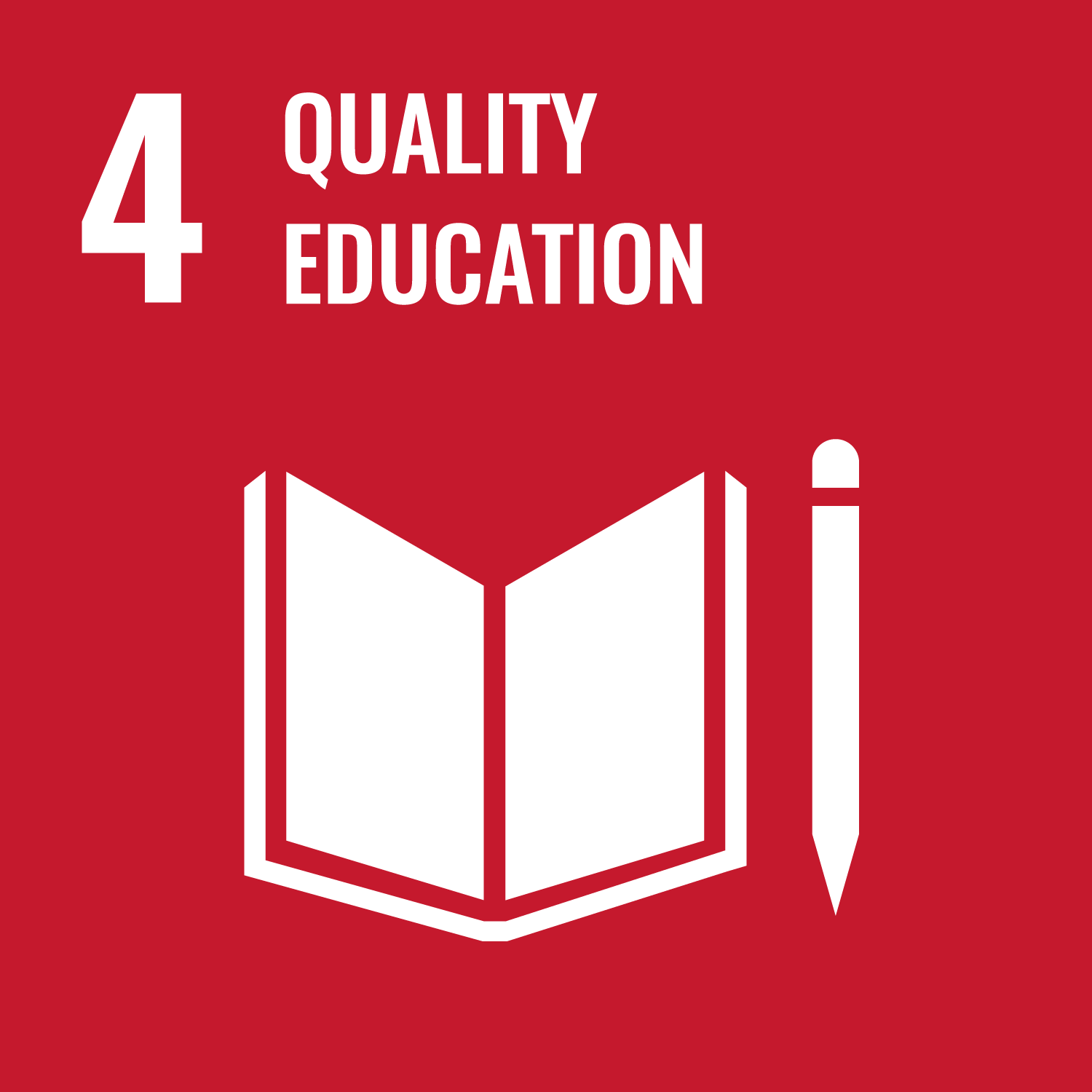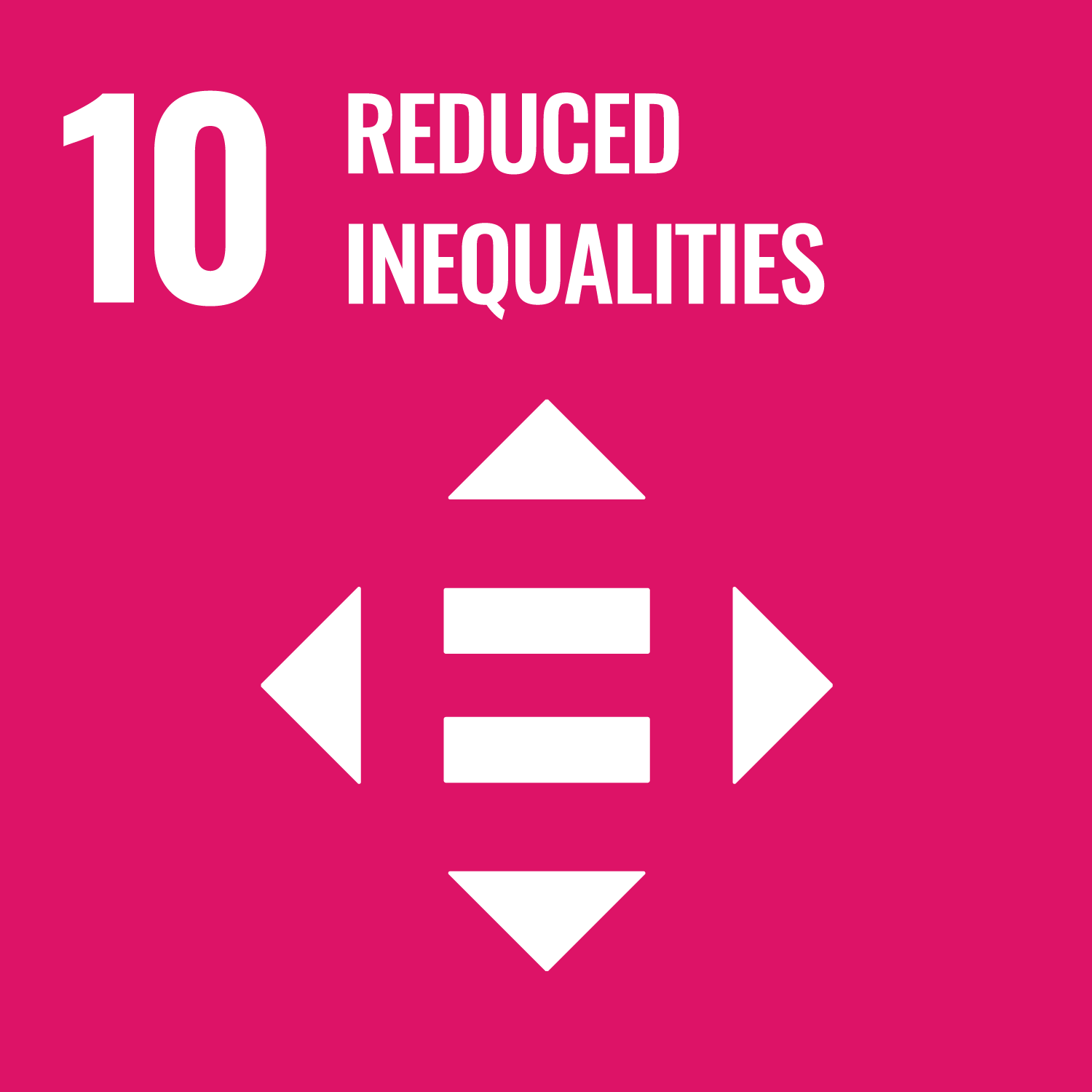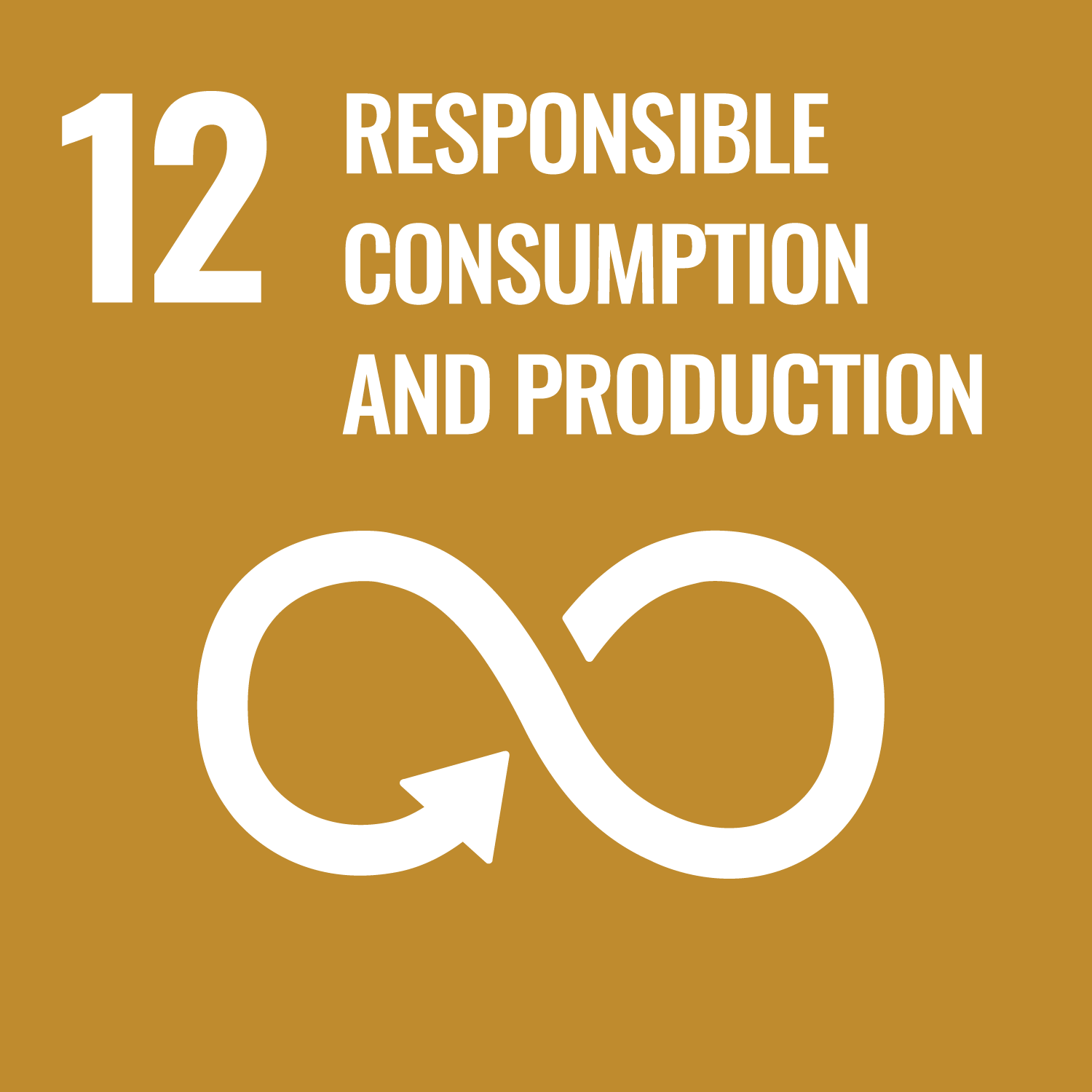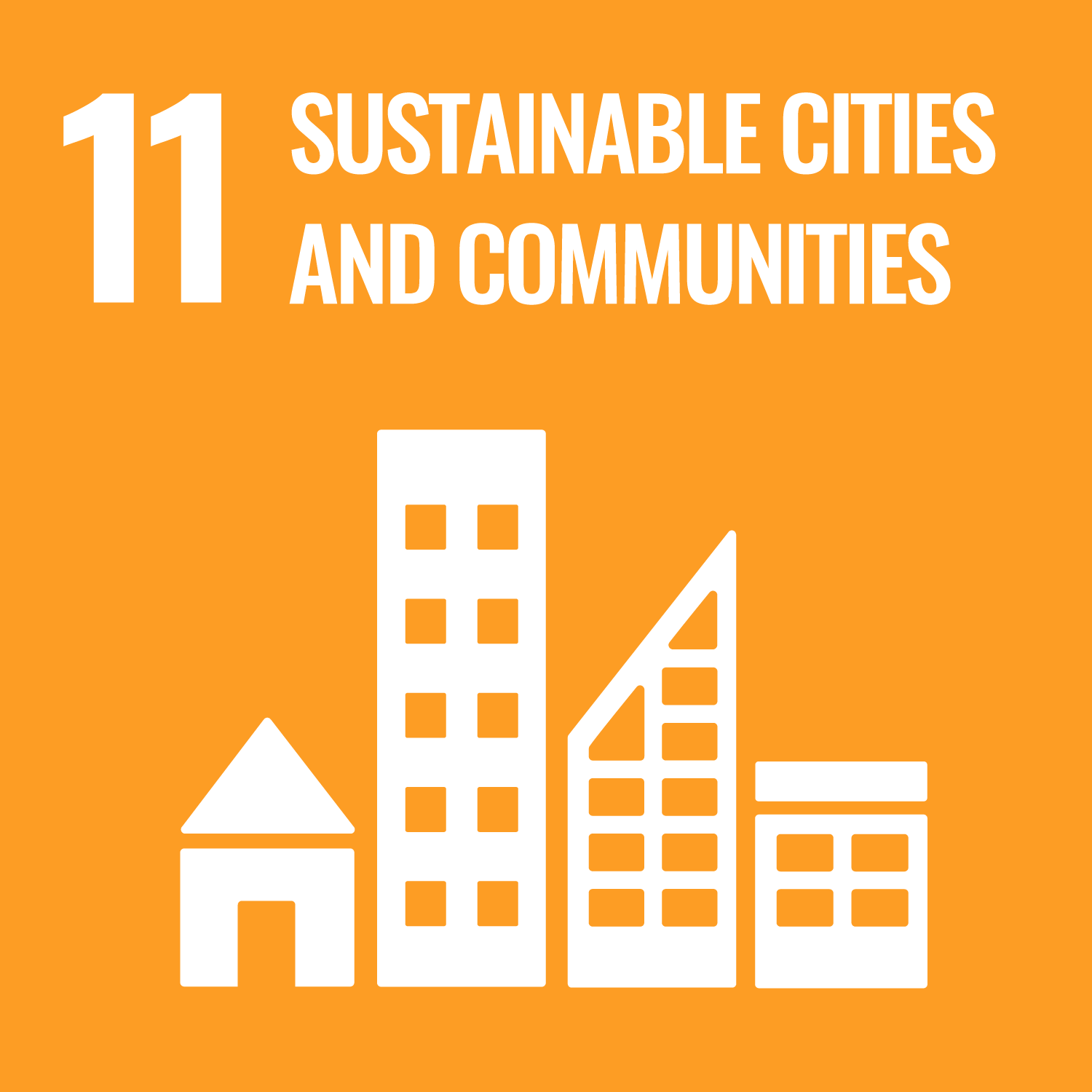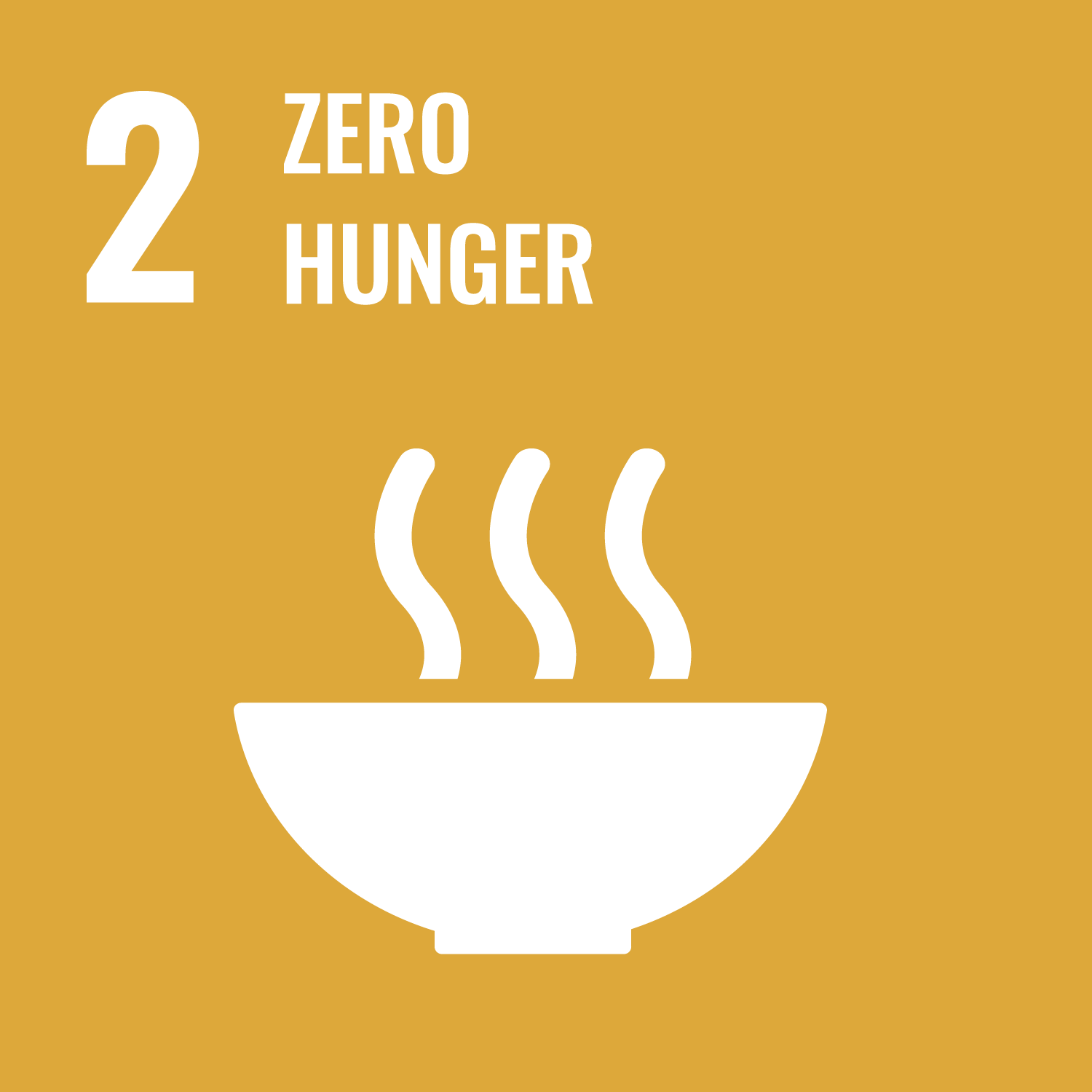Comparative Education in Asia: Cultures, Histories, and Futures
Maria Manzon, Associate Professor
Faculty of Human Sciences, Department of Education
- Education
【Course description】
Education systems in Asia have become sources of inspiration for education improvements in other parts of the world. Comparative education, however, cautions against the indiscriminate international transfer of educational best practices. This course therefore examines the “soul” and native ethos of Asian educational systems and traditions taking a historical, philosophical and cultural approach.
Asia is home to six major civilizations: Buddhist, Christian, Hindu, Islamic, Japanese and Sinic. We will explore educational systems in these different cultural traditions – both past and present forms – and seek to establish a dialogue among them. What are their key features and how are they similar or different from each other? How do they view the relationship between society, knowledge, and the human person? What lessons can we learn from these diverse educational systems? How can education contribute to sustainable futures in these societies?

